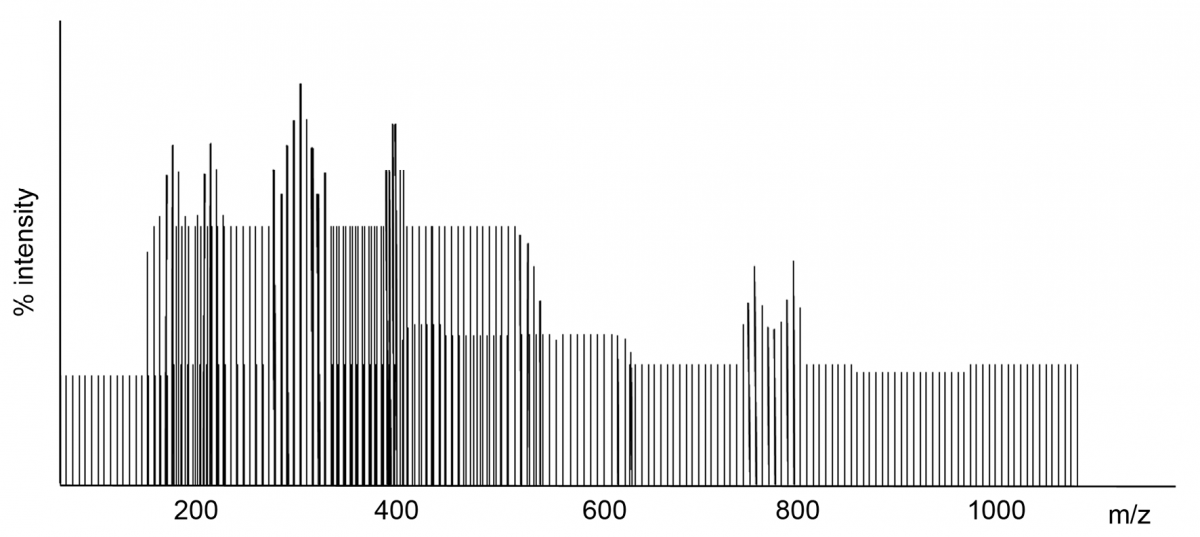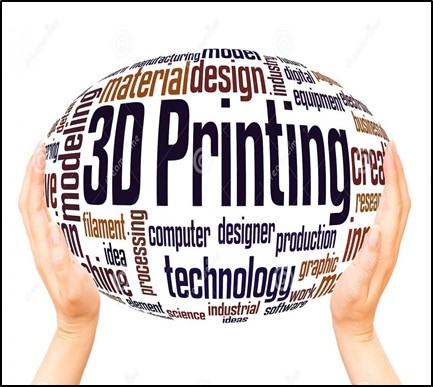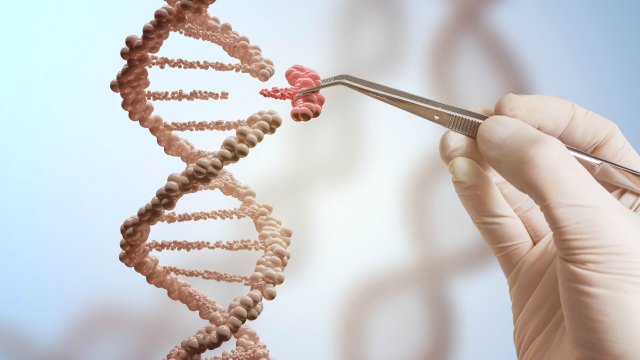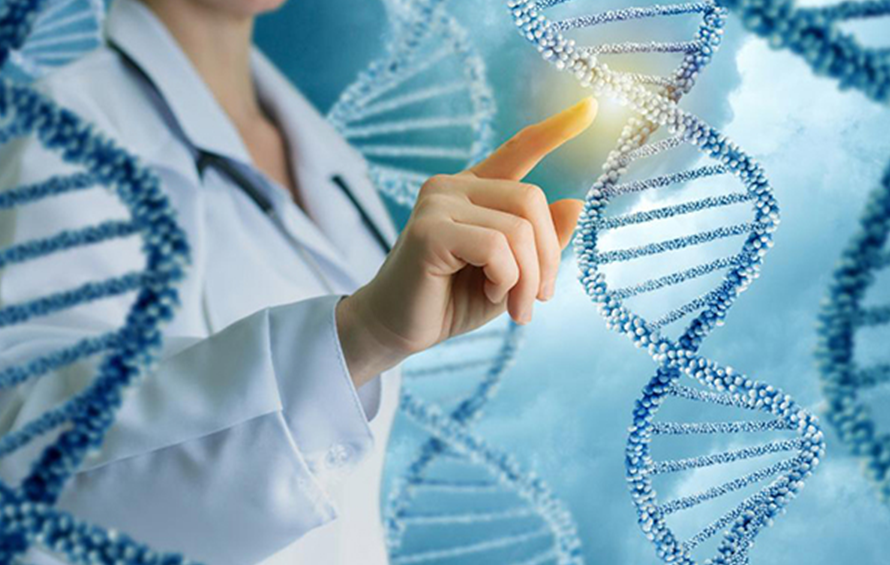- HOME
- Vienna 2024
- Lithuania 2023
- 16th CEEPC Prague 2022
- Proteome & Proteomics
- Proteomics Potentiality
- Precision Medicine & Cancer
- Proteomics and COVID-19
- Big Data & AI
- Spotlight Lithuania
- Humanity
- Meeting Reports & Tributes
- Country Profiles
- Proteomic Snippets
- Enabling Advances
- Spotlight Czech Republic
- Spotlight Poland
- 13th CEEPC - Ustron, Poland
- Spotlight Romania
- 12th CEEPC - Bucharest
- Spotlight Slovakia
- Spotlight Macedonia
- Sports Medicine
- Contacts & Copyrights
Enabling Advances & Technologies
Enabling technologies
Proteomics continues to evolve with novel strategies and the most recent to add are:
- Single-Cell Proteomics: Technologies that enable the analysis of the protein content of individual cells are emerging.
- Top-down Proteomics: An advanced method that analyzes intact proteins rather than fragments, allowing for the characterization of whole protein molecules.
Enabling technologies in proteomics are the tools and methods that allow for the large-scale, high-throughput analysis of proteins. They make it possible to identify proteins, determine their quantities, find their locations, and discover their modifications and interactionsin proteomics are the tools and methods that allow for the large-scale, high-throughput analysis of proteins. They make it possible to identify proteins, determine their quantities, find their locations, and discover their modifications and interactions.
Mass Spectrometry

Peaks of Prague - Entwined in our logo
All aspects of Mass Spectrometry
• Fundamentals of Mass Spectrometry
• Proteomics
• Chromatography
• Hyphenated separation techniques
• Bio separation techniques
• Membrane science and technology
• Application of separation techniques
• Spectroscopy as separation techniques
• Advances in Chromatography and Mass Spectrometry
• Spectroscopy
• Mass Spectrometry in Metabolomics and Lipidomics
• Nuclear Magnetic Resonance (NMR) Spectroscopy
• Clinical application of mass spectrometry
• UV, IR and Ion Spectroscopy
• Bioinformatics and Computational Biology
• Proteins Biochemistry
• Electrophoresis
• Forensic Science
• Membrane Techniques
• Separation Techniques Based on Rate Phenomena
• Mass spectrometry in environmental analysis
• Digital Proteomics with intelligence driven quatitative Mass Spectrometry
Mass spectrometry (MS)
MS is the central technology for modern proteomics, which identifies and quantifies proteins with high sensitivity and accuracy.
- LC-MS/MS: This core technique combines liquid chromatography (LC), which separates peptides, with tandem mass spectrometry (MS/MS), which identifies them by analyzing the mass of their fragments.
- High-Resolution MS: Instruments like Orbitraps provide highly accurate mass measurements, improving the identification of peptides and their modifications.
- Quantification: MS is used for quantitative proteomics through techniques like stable isotope labeling and label-free methods, which measure how protein levels change under different conditions.
Chromatography and sample preparation
These upstream technologies prepare complex biological samples for analysis.
- Liquid Chromatography (LC): Separates a mixture of peptides or proteins before they enter the mass spectrometer, enabling a more detailed analysis.
- Micro-flow and Nano-flow LC: These miniaturized versions use very small sample amounts and offer excellent sensitivity and reproducibility.
- Miniaturization: Innovations allow researchers to prepare samples with minute amounts of tissue, which is crucial for increasing efficiency and performing clinical studies.
Protein separation
Before MS analysis, proteins or peptides are often separated based on their physical and chemical properties.
- Two-Dimensional (2D) Gel Electrophoresis: An older but still relevant technique that separates proteins by their charge and mass.
- Gel-Free Methods: Chromatography-based approaches offer higher throughput and are more compatible with MS than gel-based methods.
Protein arrays and microarrays
These are high-throughput platforms for studying protein function and interactions.
- Functional Protein Microarrays: These arrays have thousands of different proteins immobilized on a surface, enabling the study of interactions with other proteins, drugs, or DNA.
- Analytical Protein Microarrays: These use antibodies to capture specific proteins from a complex sample, allowing for the detection and quantification of many proteins at once.
Bioinformatics
As proteomics experiments produce massive datasets, bioinformatics is essential for data analysis and interpretation.
- Databases: Tools like UniProt and NCBI store vast amounts of genomic and proteomic data for searching and comparison.
- Data Analysis Software: Specialized algorithms identify proteins from MS data, quantify their abundance, and analyze post-translational modifications.
- Downstream Analysis: Bioinformatics helps researchers interpret results in a biological context, such as identifying protein pathways and networks.
Automation and robotics
Advances in automation improve the speed, reproducibility, and efficiency of proteomics workflows.
- Automated Sample Preparation: Robotic systems can process large numbers of samples consistently, reducing human error and increasing throughput.
- Automated Imaging: Robotic microscopes can be used for spatial proteomics, which studies protein expression in specific tissue locations.
New approaches
The field continues to evolve with novel strategies.
- Single-Cell Proteomics: Technologies that enable the analysis of the protein content of individual cells are emerging.
- Top-down Proteomics: An advanced method that analyzes intact proteins rather than fragments, allowing for the characterization of whole protein molecules.
Protein Printing and AI

Protein Printing platform can create a new approach for drug discovery and cell line development for next-generation biologics. Such platforms may help to design proteins by predicting not only the optimal sequence for each therapeutic candidate, but also the conditions for manufacturing to enable production of therapeutic proteins that were previously not possible. Such a technology combined with AI (artificial intelligence engines) capable of interpreting disparate biological data types to answer biology’s toughest questions, may be the ideal combination for therapeutics that have proved challenging. Incorporating deep learning can help explore all possible protein sequences in silico, including those that Nature’s evolutionary trajectory has yet to consider as well as to identify drug candidates with optimal therapeutic properties.
Expression system such as E. coli expression system, combined with Protein Printing platform, may enable simultaneous creation of novel biotherapeutic drugs and the cell lines to manufacture them in a single efficient process. A single workflow may select cell lines producing drug candidates with optimal target potency and affinity as well as high-titer expression. Starting with a known drug sequence or with a target for novel drug discovery and complex protein scaffolds, such an approach may dramatically reduce timelines.
Protein imaging
Other enabling technologies
Spatial Proteomics
Stem Cells
Antibodies
Biomarkers
Diseases Drugs
Genome editing and the Nobel Prize 2020
The use of CRISPR/Cas9 genetic scissors, has not only revolutionised basic science, but will lead to ground-breaking new medical treatments. There is enormous power in this genetic tool which can change the code of life !

In medicine, clinical trials of new cancer therapies are underway, and the dream of being able to cure inherited diseases is about to come true. These genetic scissors have taken the life sciences into a new era and, in many ways, bringing great benefit to humankind.
Gene Editing < CLICK TO READ
Challenges:
Developing CRISPR cell and gene therapies is a complex and daunting task and gene therapy field is predicted to expand even more rapidly over the coming years, with researchers across the globe working to generate curative treatments for a significant number of the >5,000 known monogenic disorders. In order to ensure CRISPR therapies are safe, effective, and available to patients, it’s imperative that we find solutions to the problems faced by researchers.
Recent advances:

Genome editing and CRISPR technology are on the rise. In February 2022, CRISPR Therapeutics and ViaCyte made history, carrying out the first-in-human transplant of gene-edited, stem cell-derived pancreatic cells to treat Type 1 diabetes (T1D). With results of an animal study published in February 2023, Genprex aims to add credibility to another genome editing approach in the hunt for a functional cure to T1D. While traditional gene therapies include replacement gene therapy, gene editing and CAR-T for diabetes, Genprex aims to use Adeno-Associated Virus (AAV) pancreatic intraductal infusions to deliver Pdx1 and MafA genes to the pancreas.
